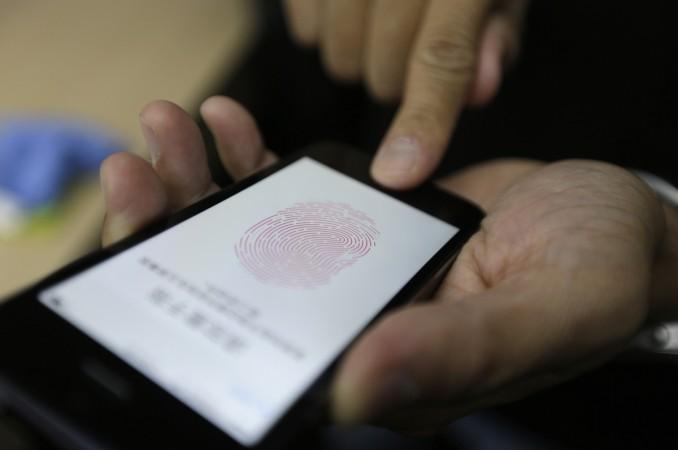
Apple users are receiving unsolicited messages claiming that their Apple IDs are about to expire. The text messages claim that in order for users to renew their accounts, they would be required to supply their credentials at a website whose URL is included in the message.
Security expert Graham Cluey reported on his website that the website users were directed to looked very much like Apple's, but in fact was fake. Cluey adds that once users key-in their details, a message is displayed stating that the user's account has been locked for "security reasons" and are redirected to a different page to "unlock" their accounts. Cluey points out that the above message is displayed regardless of what is keyed in.
Users are then directed to a different page where they are required to supply important information like their mother's maiden name, their pet's name, credit card info and more.
"Smartphones are an increasingly attractive target for online criminals," says Tarun Kaura, director of solution product management for Asia Pacific and Japan at security firm Symantec. "Creating fake phishing alerts to steal the victim's username and password, reading and writing data on the device's clipboard, which could be used to uncover passwords copied from a password management tool and hijacking the browser to open specific URLs, which could lead to further exploits are few of the tactics used by cybercriminals to attack iOS users."
He adds that hundreds of apps on Apple's AppStore have been infected.
Phishing scams involve cybercriminals trying to get users to share their personal information, like user names and passwords. Going by the assumption that users use the same email IDs and passwords for other accounts, criminals either access users' accounts to steal information or sell user data to others.
Kaura advices that users should refrain from downloading apps from unfamiliar sources that request users to pay attention to the permissions an app requests. He adds that users must change their passwords if they suspect that their accounts have been compromised and urges them to be weary of emails and messages that ask for account credentials.











